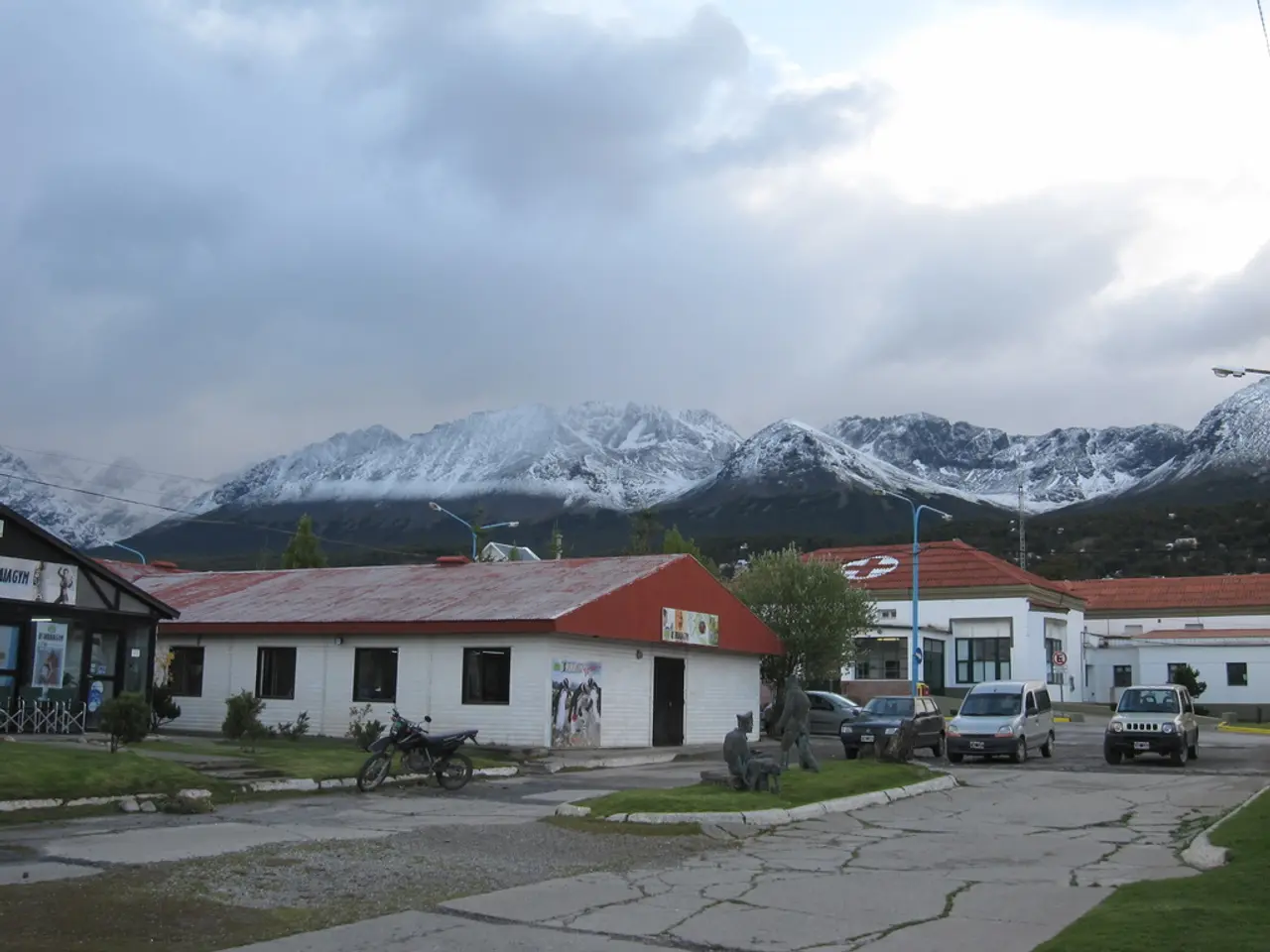Heavy downpours during Pakistan's monsoon season lead to the death of over 20 people
In the ongoing monsoon season, Pakistan is grappling with the aftermath of heavy rains and flooding that have claimed the lives of over 750 people since the start of the season, according to authorities. The latest figures show that more than 350 people have died in Khyber Pakhtunkhwa since last Thursday alone.
The floods have submerged large parts of the country, with one-third of Pakistan underwater in 2022, resulting in approximately 1,700 deaths. This year, the situation remains dire, with over 220 people reported dead in the Buner district.
The cities of Karachi and Gilgit-Baltistan have not been spared either. Many areas of Karachi remained submerged on Wednesday, and residents were seen scooping dirty rain water out from their homes with buckets. Eleven people died in Gilgit-Baltistan due to urban flooding. Ten people also lost their lives in Karachi due to similar circumstances.
The governor of the Sindh province, responsible for the administration including infrastructure issues and flooding in Karachi, is Kamran Tessori as of August 2025. The meteorological department predicts more rain till Saturday, and authorities have warned that the rains will continue until mid-September.
Amir Hyder Laghari, the chief meteorologist of the Sindh province, blames "weak infrastructure" for the flooding in big cities. The crumbling pipes and sewer system in Karachi struggled to cope with the downpours, causing further damage.
In an effort to alleviate the situation, excavators are being used to remove debris clogging drainage channels. Relief camps have also been established, providing medical assistance, dry rations, and tents to affected people.
However, the human toll of the disaster is not the only concern. Schools in a city of over 20 million are closed due to the predicted rain till Saturday. The fear of further loss of life and property looms large, with another rain spell expected by the end of the month, according to Muhammad Younis, a provincial disaster official.
Pakistan, one of the world's most vulnerable countries to the effects of climate change, is increasingly facing extreme weather events. Landslides and flash floods are common during Pakistan's monsoon season, which typically begins in June and lasts until the end of September.
In the midst of the crisis, the fear among children is palpable. Anjum Anwar, a medical camp official in Buner, stated that children are scared due to the uncertainty and fear. As the rains continue to pour, it is crucial for authorities to act swiftly and effectively to mitigate the impact of the monsoon season on the already vulnerable population.
Read also:
- Amidst India's escalating climate crisis, transgender individuals continue to persevere
- Germany's three-month tenure under Merz's administration feels significantly extended
- Governing body allegedly persists in enjoying vacation time amidst Spain's highest danger level due to fires, claims Feijóo
- United Nations Human Rights Evaluation, Session 45: United Kingdom's Statement Regarding Mauritius' Human Rights Record








